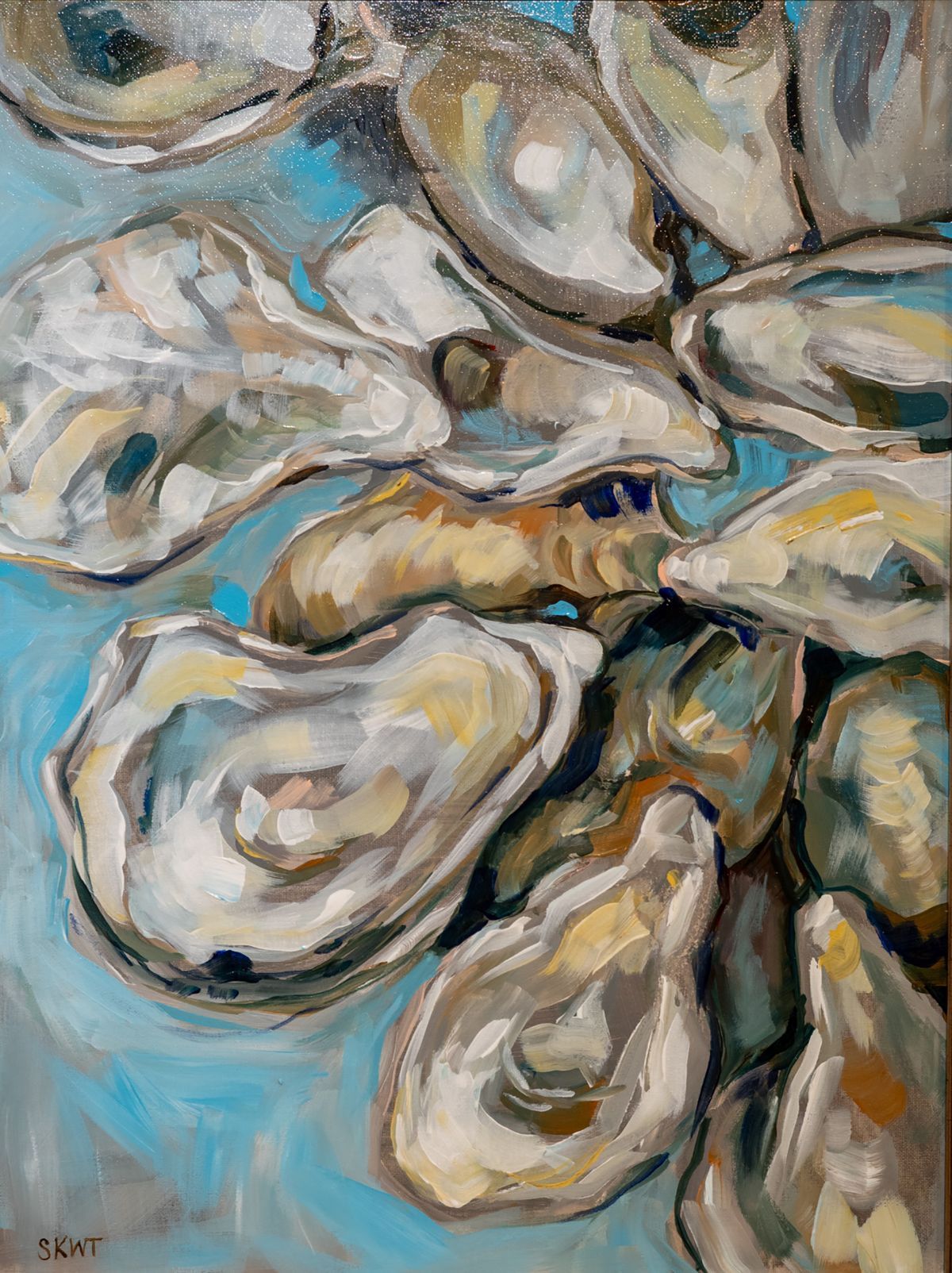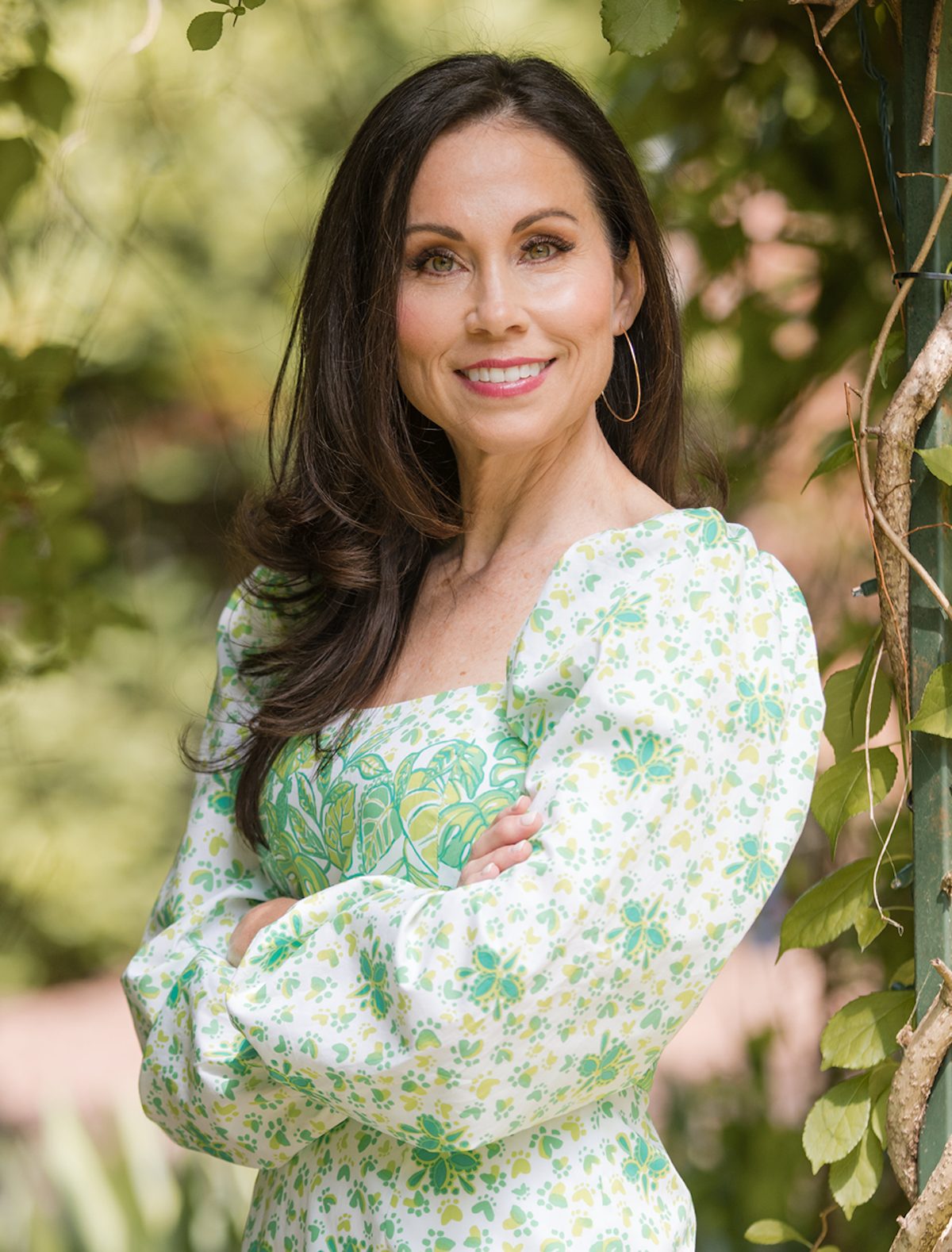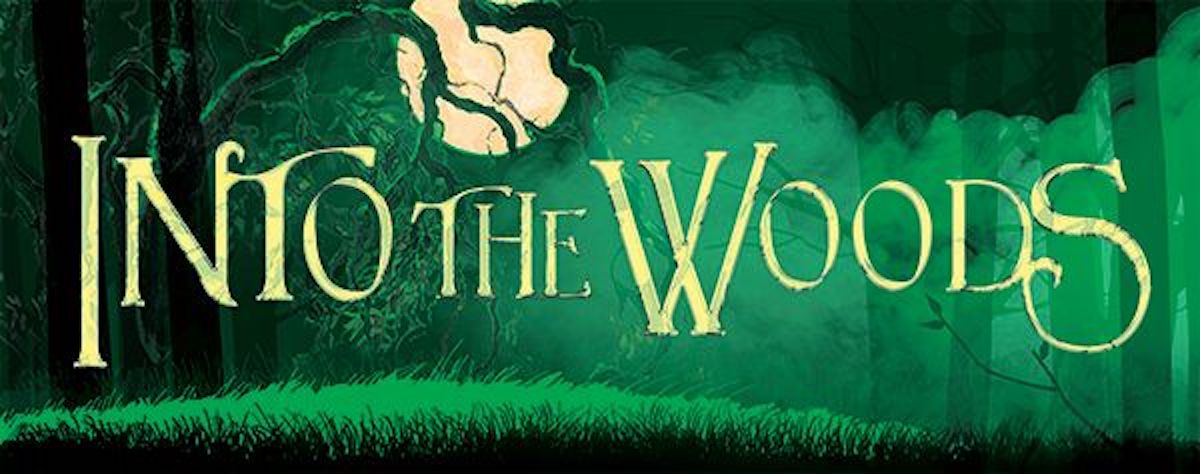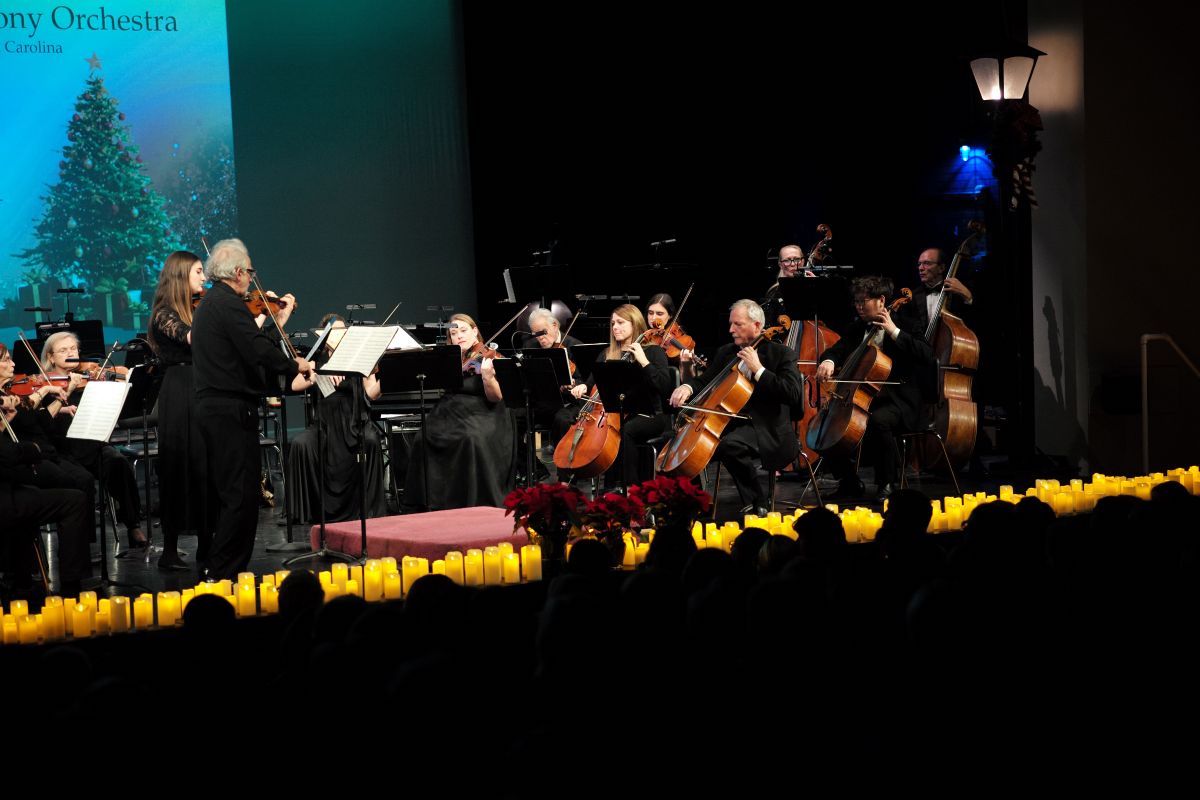By BECKY SPRECHER
Earlier this year, Alan Schuster called and said he was going to retire from writing the previews for the Metropolitan Opera’s Hi-Def broadcast series. Would I be interested?
I said I would think about it. Alan and Yvonne live just around the corner, and in just moments I heard a thump on my front porch. It was a stack of Alan’s opera books and back issues of Opera News.
I guess that meant I should say yes.
I know I’m not the only reader of this paper who anticipated Alan’s previews over the years. If anybody could get you off of the sofa and into a seat at the USCB Center for the Arts on a Saturday afternoon, Alan could.
Fortunately, he’s not going anywhere; he’ll still be around to talk singers and sets, and share backstage gossip and rumors when gathering is safe again. I hope you’ll join me for a rousing virtual ovation for his enormous contribution to the cultural fabric of our community.
Both Alan and I came to opera as young people. As a teenager growing up in Westfield, NJ, Alan grudgingly agreed to attend a production of Madame Butterfly at the Met with his mother when she bribed him with a promise to bake his favorite chocolate cake.
“I was certain I would hate it,” he said, “but five minutes after the curtain went up, something magical happened. I loved it!”
After that he became a regular at the Met, going by himself as a $2 standee in the back of the orchestra section. He saw numerous operas that way, even working up to a supernumerary part in Cavelleria Rusticana.
My first exposure to opera was not quite that glamorous, but it was equally memorable in the sense that something magical happened to me, as well. When I was growing up in western Kentucky, I had a 5th-grade teacher named Martha Henry Gregory, an intimidating, triple-chinned figure who played opera highlights during study periods.
Like many little towns in the 1950s, ours was quite isolated. The closest performing arts venue was the Ryman Auditorium, home of the Grand Ole Opry, in nearby Nashville. My mother once traveled there to see Faust, of all things.
Can you imagine sitting in those curved church pews surrounded by stained glass windows watching an opera about selling your soul to the devil? It was so eerie that she found herself longing for Flatt and Scruggs or Porter Wagoner to come out and break things up.
But I didn’t need a stage because I had what all children have in spades: imagination. From the record player in my classroom flowed music that ignited a stream of colorful images in my mind.
When the Triumphal March from Aida played, I conjured up a vast parade of richly caparisoned camels and elephants, with soldiers in battle gear escorting Pharaoh’s royal court.
But the moment when opera really spoke to my heart was when I heard the Pilgrim’s Chorus from Tannhäuser by Richard Wagner. It was in German, so I couldn’t possibly have understood the words, but the beauty of the music and the profound way in which it was sung gave me all I needed to know.
No 10-year-old I ever knew understood (or cared about) redemption. Certainly not me. But in an elementary way, I came to realize that the pilgrims had been in great pain and something wonderful had happened to make it go away.
While I’m looking forward to sharing my enthusiasm for opera with you, I take up my pen in uncertain times because of the pandemic. The Met’s stage is officially dark until next year, and although they have given USCB’s Center for the Arts a list of recent Hi-Def transmissions from which to choose, we do not yet know which ones will air or the dates.
As soon as we know anything definite, I’ll have a preview for you.
In the meantime, there has never before been such an array of opportunities to access opera at home. You can stream the Met’s recent Hi-Def productions On Demand for a small fee. Some recommendations: last year’s “Porgy and Bess,” which aired to a packed house here in Beaufort.
For you fashionistas out there, “Marnie” is terrific, with Marnie and her alter-egos clad in 60s-style jewel-toned sheaths and matching three-quarter coats, their blonde hair done up in French twists — just like Tippi Hedren in the Hitchock movie of the same name.
And today’s political scene will seem positively tame by comparison when you watch last year’s huge hit, “Agrippina,” which is set in Nero’s Rome.
Now let’s be honest here. I know that a good many of you would rather have a root canal than watch an opera. But there’s something here for you, too: The Met Stars Concerts. These are live, one-hour pay-per-view recitals by some of opera’s most glamorous stars in ravishing locations around the world, from the terrace of a chateau in the south of France to palaces in Vienna and Malta.
As singer Anthony Roth Costanzo says, “If there was ever a time for opera, it’s now … Ours is an art form made for expressing the indescribable, the unbearable, the catastrophic. An opera singer has to sing about emotions so big, so extreme, that unlike an actor, we can’t just speak plainly but have to scream at the top of our lungs over a hundred instruments wailing.”
So prop your feet up on the coffee table, crack open a cold beer or pour a glass of wine, and who knows? Maybe the magic will happen for you, too, like it did for Alan Schuster and me.






